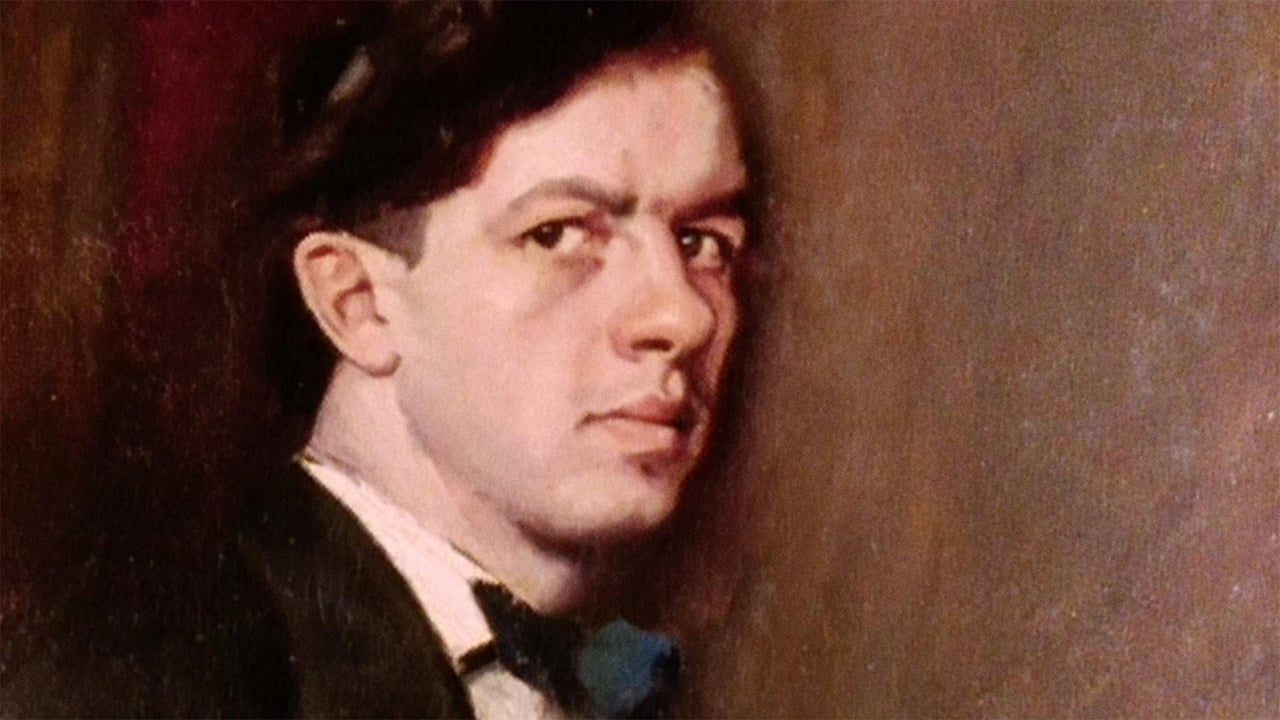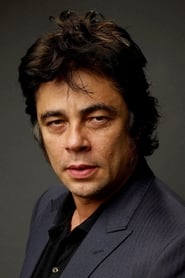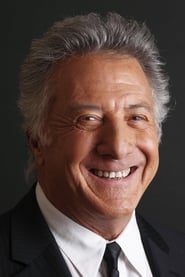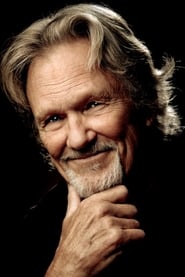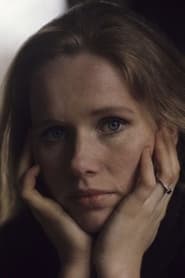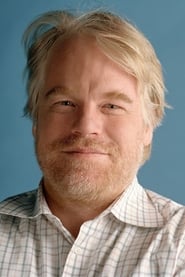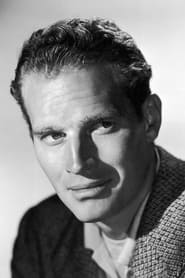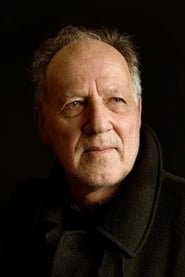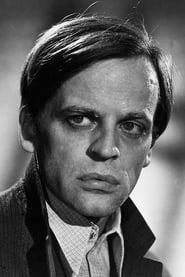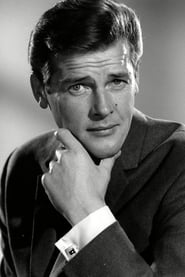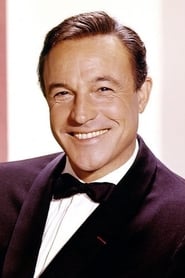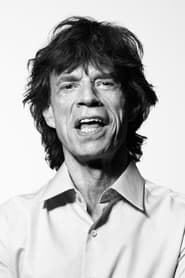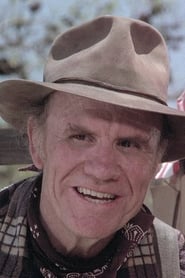The best Jason Robards’s documentary movies
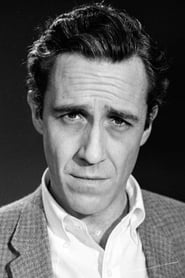
Jason Nelson Robards Jr. (July 26, 1922 – December 26, 2000) was an American actor. Known as an interpreter of the works of playwright Eugene O'Neill, Robards received two Academy Awards, a Tony Award, a Primetime Emmy Award, and the Cannes Film Festival Award for Best Actor. He is one of 24 performers to achieve the Triple Crown of Acting.
Description above from the Wikipedia article Jason Robards, licensed under CC-BY-SA, full list of contributors on Wikipedia.
And the Oscar Goes To...
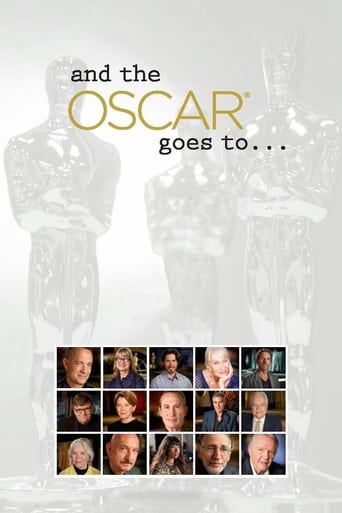
7.1/10
The story of the gold-plated statuette that became the film industry's most coveted prize, AND THE OSCAR GOES TO... traces the history of the Academy itself, which began in 1927 when Louis B. Mayer, then head of MGM, led other prominent members of the industry in forming this professional honorary organization. Two years later the Academy began bestowing awards, which were nicknamed "Oscar," and quickly came to represent the pinnacle of cinematic achievement.
My Best Fiend
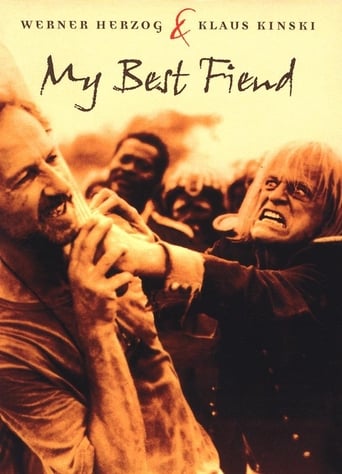
7.8/10
A film that describes the love-hate relationship between Werner Herzog and Klaus Kinski, the deep trust between the director and the actor, and their independently and simultaneously hatched plans to murder one another.
Burden of Dreams
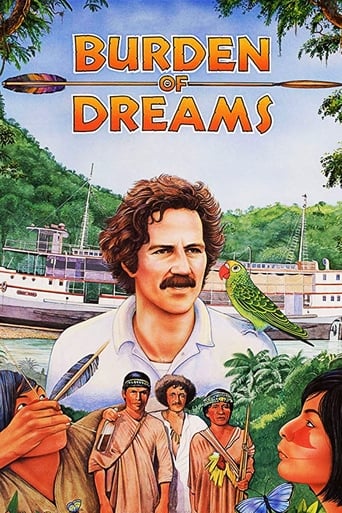
7.9/10
The Amazon rain forest, 1979. The crew of Fitzcarraldo (1982), a film directed by German director Werner Herzog, soon finds itself with problems related to casting, tribal struggles and accidents, among many other setbacks; but nothing compared to dragging a huge steamboat up a mountain, while Herzog embraces the path of a certain madness to make his vision come true.
Night of 100 Stars
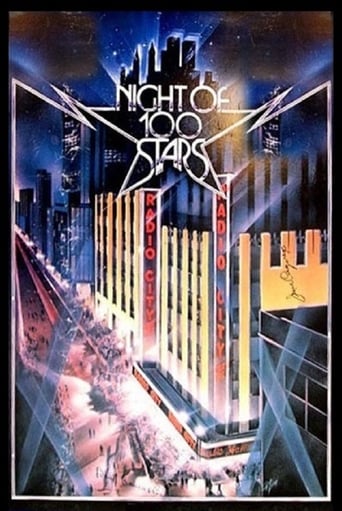
7.1/10
The most glittering, expensive, and exhausting videotaping session in television history took place Friday February 19, 1982 at New York's Radio City Music Hall. The event, for which ticket-buyers payed up to $1,000 a seat (tax-deductible as a contribution to the Actors' Fund) was billed as "The Night of 100 Stars" but, actually, around 230 stars took part. And most of the audience of 5,800 had no idea in advance that they were paying to see a TV taping, complete with long waits for set and costume changes, tape rewinding, and the like. Executive producer Alexander Cohen estimated that the 5,800 Radio City Music Hall seats sold out at prices ranging from $25 to $1,000. The show itself cost about $4 million to produce and was expected to yield around $2 million for the new addition to the Actors Fund retirement home in Englewood, N. J. ABC is reputed to have paid more than $5 million for the television rights.
All Governments Lie: Truth, Deception, and the Spirit of I.F. Stone
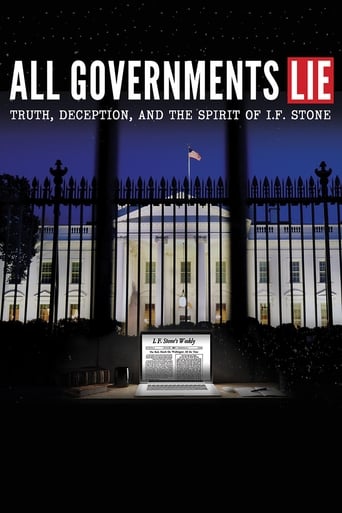
7.3/10
Vancouver-based filmmaker and TV news veteran Fred Peabody explores the life and legacy of the maverick American journalist I.F. Stone, whose long one-man crusade against government deception lives on in the work of such contemporary filmmakers and journalists as Laura Poitras, Glenn Greenwald, David Corn, and Matt Taibbi.
Sam Peckinpah's West: Legacy of a Hollywood Renegade
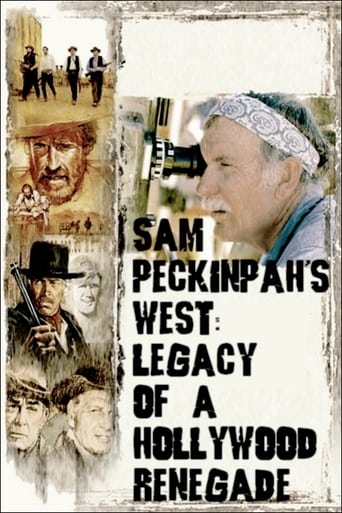
7.1/10
An account of the life and work of American film director Sam Peckinpah (1925-84), a tortured artist whose genius and inner demons changed the Western genre forever.
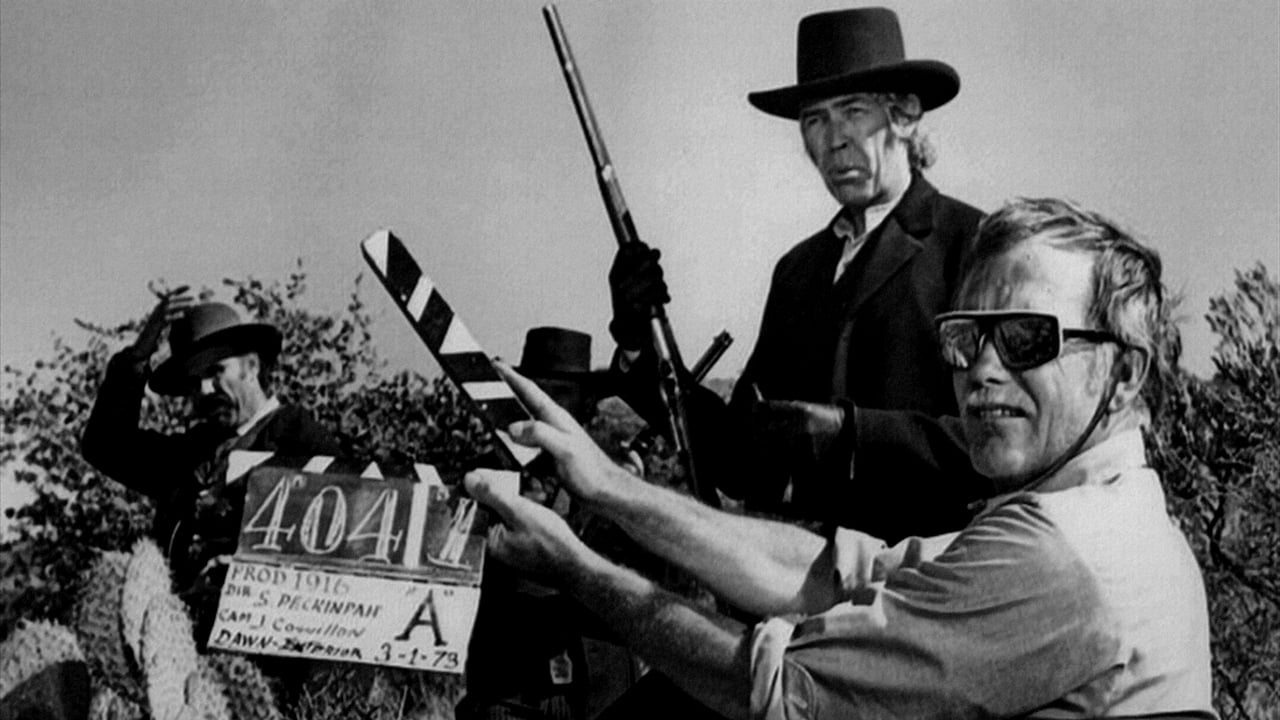
Sam Peckinpah: Man of Iron
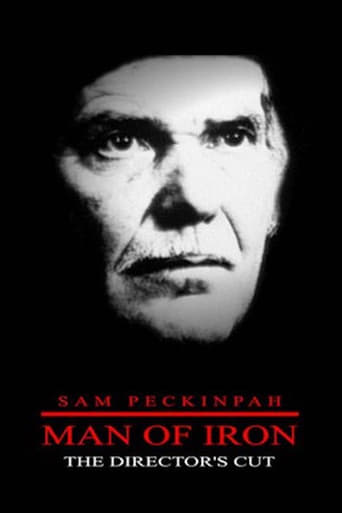
7.5/10
This straight-talking program seeks to understand the enigmatic and controversial Sam Peckinpah, whose violent films such as The Wild Bunch and Straw Dogs had a telling effect on the cinema of the 1970s and 80s. Those who knew and worked with him, including actor James Coburn, actress Ali MacGraw, his associate Katherine Haber, his cousin Bob Peckinpah, and several screenwriters and producers, examine his life in an attempt to separate the man from the persona. Clips from key films reinforce this detailed discussion of Peckinpah's art and a fixation on violence that still permeates Hollywood today.
That Moment: Magnolia Diary
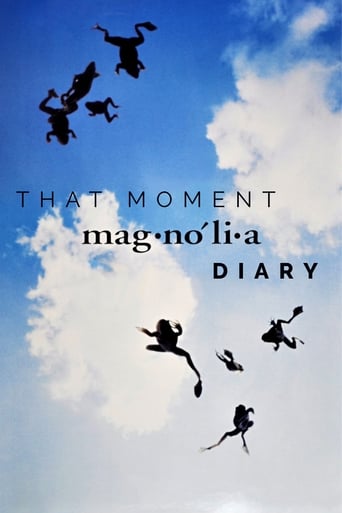
7.6/10
A very in-depth documentary that follows the very over-worked director Paul Thomas Anderson through a gruelling 80+ days of shooting for the film Magnolia (1999), containing behind-the-scenes footage and interviews.
Portrait: Werner Herzog
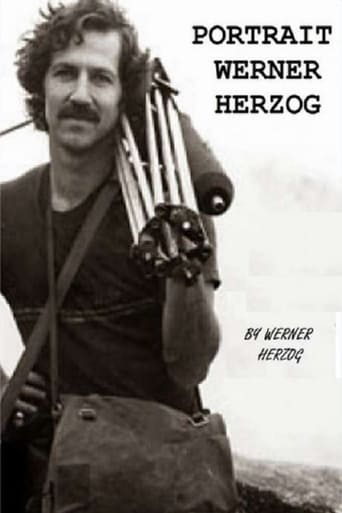
6.6/10
is an autobiographical short film by Werner Herzog made in 1986. Herzog tells stories about his life and career. The film contains excerpts and commentary on several Herzog films, including Signs of Life, Heart of Glass, Fata Morgana, Aguirre, the Wrath of God, The Great Ecstasy of Woodcarver Steiner, Fitzcarraldo, and the Les Blank documentary Burden of Dreams. Notable is footage of a conversation between Herzog and his mentor Lotte Eisner, a photographer. In another section, he talks with mountaineer Reinhold Messner, in which they discuss a potential film project in the Himalayas to star Klaus Kinski.
The Face of Genius
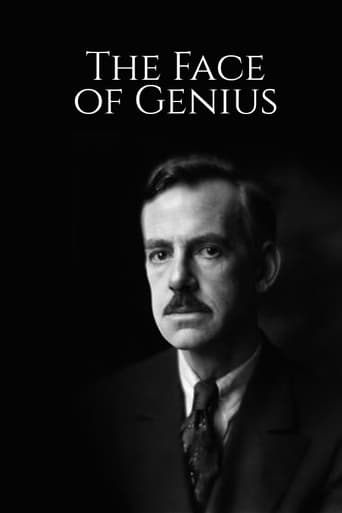
The Face of a Genius is a 1966 American documentary film about Eugene O’Neill, produced by Alfred R. Kelman for WBZ-TV Boston. It was nominated for an Academy Award for Best Documentary Feature, the first time that a film originally produced for television was recognized by the Academy as a nominee for Best Documentary Feature.
Empire of the Air: The Men Who Made Radio
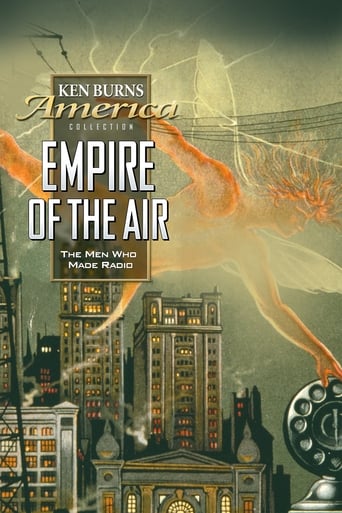
7.6/10
For 50 years radio dominated the airwaves and the American consciousness as the first “mass medium.” In Empire of the Air: The Men Who Made Radio, Ken Burns examines the lives of three extraordinary men who shared the primary responsibility for this invention and its early success, and whose genius, friendship, rivalry and enmity interacted in tragic ways. This is the story of Lee de Forest, a clergyman’s flamboyant son, who invented the audion tube; Edwin Howard Armstrong, a brilliant, withdrawn inventor who pioneered FM technology; and David Sarnoff, a hard-driving Russian immigrant who created the most powerful communications company on earth.
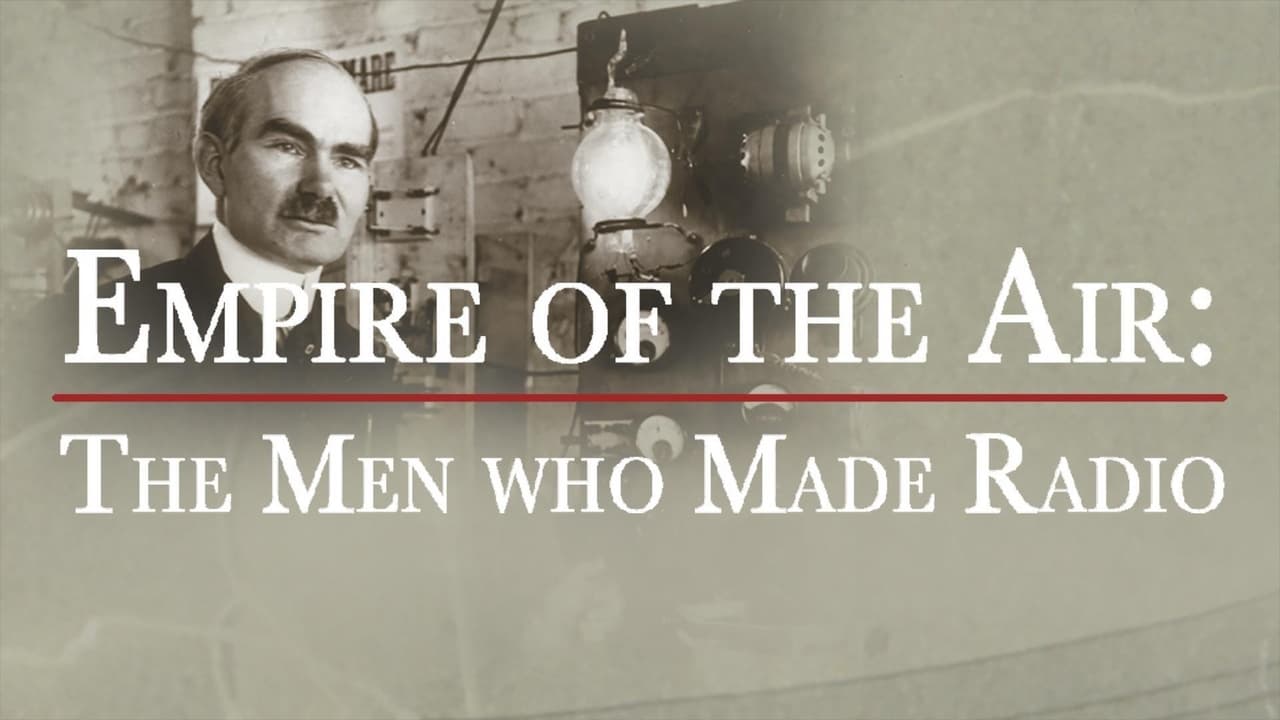
American Experience: T.R.: The Story of Theodore Roosevelt
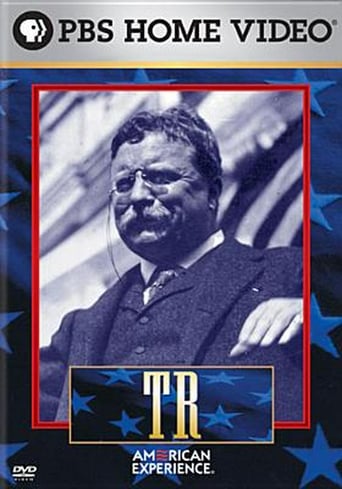
8.5/10
A champion of the strenuous life, Teddy Roosevelt embodied the notion of an expanded presidency. Stamping the presidency with his own colorful personality, Roosevelt's enormous popularity gave him political clout that matched his celebrity status. "Get action, do things," sums up his attitude toward all endeavors, political and otherwise.
Thomas Hart Benton
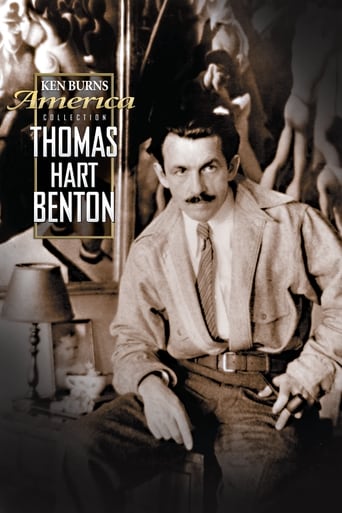
7.2/10
Thomas Hart Benton's paintings were energetic and uncompromising. Today his works are in museums, but Benton hung them in saloons for ordinary people to appreciate.
